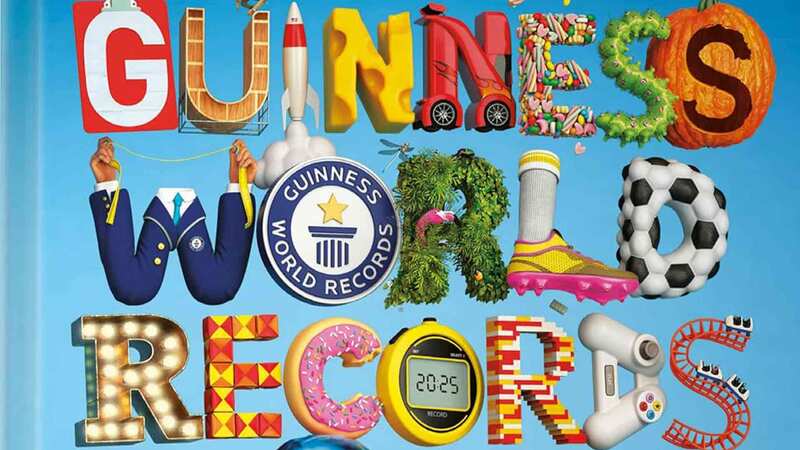You are viewing your 1 free article this month. Login to read more articles.
Print market volumes up 18% year on year since bookshops reopened
Bookshops re-opening since lockdown restrictions eased have boosted the market 18% in volume against the same period in 2019, with 14.6 million books sold since shop doors opened, beginning in England on 15th June.
At 3.7 million books sold for £32.1m, last week (ending 11th July) was the best week 28 in volume since 2012 and the best in value for 15 years—and like the first week of reopening, was down to strength all the way down the market as opposed to a runaway Fifty Shades of Harry Potter-esque bestseller. Children’s sales remained especially strong, with volume up 27% last week against the same week in 2019—and despite David Walliams’ The World’s Worst Parents (HarperCollins), the current UK Official Top 50 number one, selling at near identical levels to its series predecessor The World’s Worst Teachers for the same week in 2019.
Adult Non-Fiction also reported 12.4% growth year on year in volume and 17% in value—as hardbacks Deliciously Ella Quick & Easy (Yellow Kite) and Dear NHS (Orion) flocked straight to the top of the non-fiction chart. Adult Fiction, the category likely least affected by the lockdown, was up a lower but respectable 1.4% in volume and 3.6% in value, holding up well against a week in 2019 when 15 fiction titles charted in the top 20 (compared to 11 last week).
Nielsen estimates quarter two of 2020 as 11% down in volume against 2019, which would put lockdown-era sales at roughly 33.6 million books sold. With volume for quarter one at 38.8 million, down around 1% on 2019, we can estimate the year-to-date volume, up to the week before bookshops re-opened, at around 72.4 million books sold, 5.9% down on 2019.
However, following the reopening of high street shops in England in 15th June, Wales on the 22nd and Scotland on the 29th, print volumes have soared upwards. Across the past four weeks, up to 11th July, 14.6 million books have sold for £126.2m—a rise of 18% in volume and 19% in value against the same period in summer 2019. Essentially, these are post-Super Thursday levels of book buying, when all the big Christmas gift releases are on the shelves. Adding the post-reopening sales figures to our estimated volume brings up to around 87 million units, a decline of just 2.6% on 2019 for the year to date.
Ireland’s print market is also reporting a similar marginal decline, at 1.8% down in volume for the year up to 4th July.
Of course, we shouldn’t celebrate yet—the second half of 2019 saw a 1% decline in volume against 2018, and a similar trend this year would see print volumes drop for the first time since 2017. For the past few years, autumn sales have slowed against the year before—but with many of spring 2020’s big releases moved to a later date, this year may buck that trend.















